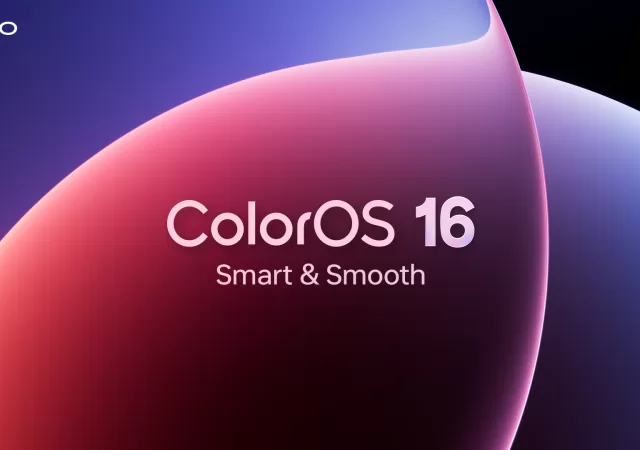*This article is contributed by Nana Murugesan, Managing Director, International Markets, Snap Inc.*
Parenting the next generation always raises a new set of challenges as well as opportunities. After all, new parents are raising their children in a world that is very different from the one they experienced in their own childhood. Over the past couple of decades, technology has also changed things more fundamentally with parents today raising a generation who at times can feel as if they are speaking an entirely different language to them.
In his 2001 paper “Digital Natives, Digital Immigrants,” the author Marc Prensky said that the rapid arrival and dissemination of digital technology at the turn of the century has created a generation of digital natives who have grown up immersed in technology and who are separated from the generations before who have come to learn technology.
Today’s parents face the challenge of parenting digital natives in a rapidly evolving world that their children understand and adapt to far better than themselves. But while it can sometimes feel like they are inhabiting different worlds, there are ways in which parents can bridge the gap.
Celebrity parents such as Reese Witherspoon and Julianne Moore have realised that Snapchat is a cool way of communicating with their teenage children. The platform can be part of any parent’s digital set up to maintain and develop an intimate relationship with their digital native offspring
Understand their thoughts to understand their actions
A study conducted by Snap Inc, The Friendship Report[1], explored friendships in four distinct age generations, from Gen X to Gen Z. While both Millennials and Gen Zs can be classified as digital natives, there are some key differences in how they interact and present themselves in the (digital) world.
From The Friendship Report, 37% of Gen Z in Malaysia was found to be more selective over the people they let into their close circle of friends, as opposed to Millennials, who are comfortable sharing intimacies beyond the borders of their close friends.
This is also reflected in differing preferences for social and messaging platforms. While social networks are built to curate a digital representation of one’s self, Snapchat’s emphasis on privacy by design offers the ability to control who has access to your Snaps, is one of the reasons Gen Z’s prefer it over other, more public, platforms. Local Gen Z (27%) are more reluctant than Gen Y (56%) to share life updates publicly on Facebook.
At Snapchat, we have put a great deal of thought into how to empower young people to engage creatively, safely and positively with their close friends when online. Our app was built with privacy at its core — starting with ephemerality — and designed to combat the online popularity contests fuelled by other platforms. In line with that, Snapchat was deliberately designed to be free from public vanity metrics such as likes, comments or shares. Our focus is on creating fun and surprising experiences that make snapping with your best friends fun. We strongly believe that there are different types of screen time and that we should be judging quality and not quantity.
Get on their wavelength
While the familiar trope of parents attempting to be fun, hip or cool will outlast us all, there are ways to learn and understand your digital native’s language. One way is to meet them as an equal and show understanding, which begins with putting away judgement and nostalgia about “the way things were”.
One of the best ways to get to know someone is to find an activity to share. While Snapchat’s audience is predominantly made up of Millennial and Gen Z digital natives, there’s plenty to interest everyone, not just the teens. Create an account and explore the messaging app, which offers entertainment via Discover and Snap Games, and AR experiences through Lenses. Why not move your family group chat over to Snapchat, so you can discuss and celebrate genuine, private family moments with full control over what gets shared outside the group?
Things they don’t teach you in school
In today’s day and age where information is available at the tap of a finger, we have access to high resolution videos of the highest highs, and the lowest lows of humanity. It’s important not to be overwhelmed, and to tackle this anxiety-inducing state of affairs by educating ourselves and our children. Teach them to be discerning consumers who critically assess the information they gain over the internet. One key step is in learning to be discerning when choosing news outlets, which is a lifelong practice.
Discover is a curated platform, with shows and news coming from trusted news sources, and what you are served isn’t based on friends activity – preventing the widespread dissemination of fake news, or creating an echo chamber.
Parenting often involves having one foot in the present and another in an unknown future. While all parents want the best for their children, we can learn to be nimble, and collaborate with our digital natives. Along the way, they might teach us a thing or two about this brave new world, though they can’t imagine a time before cellphones were a gateway to the rest of the world.






